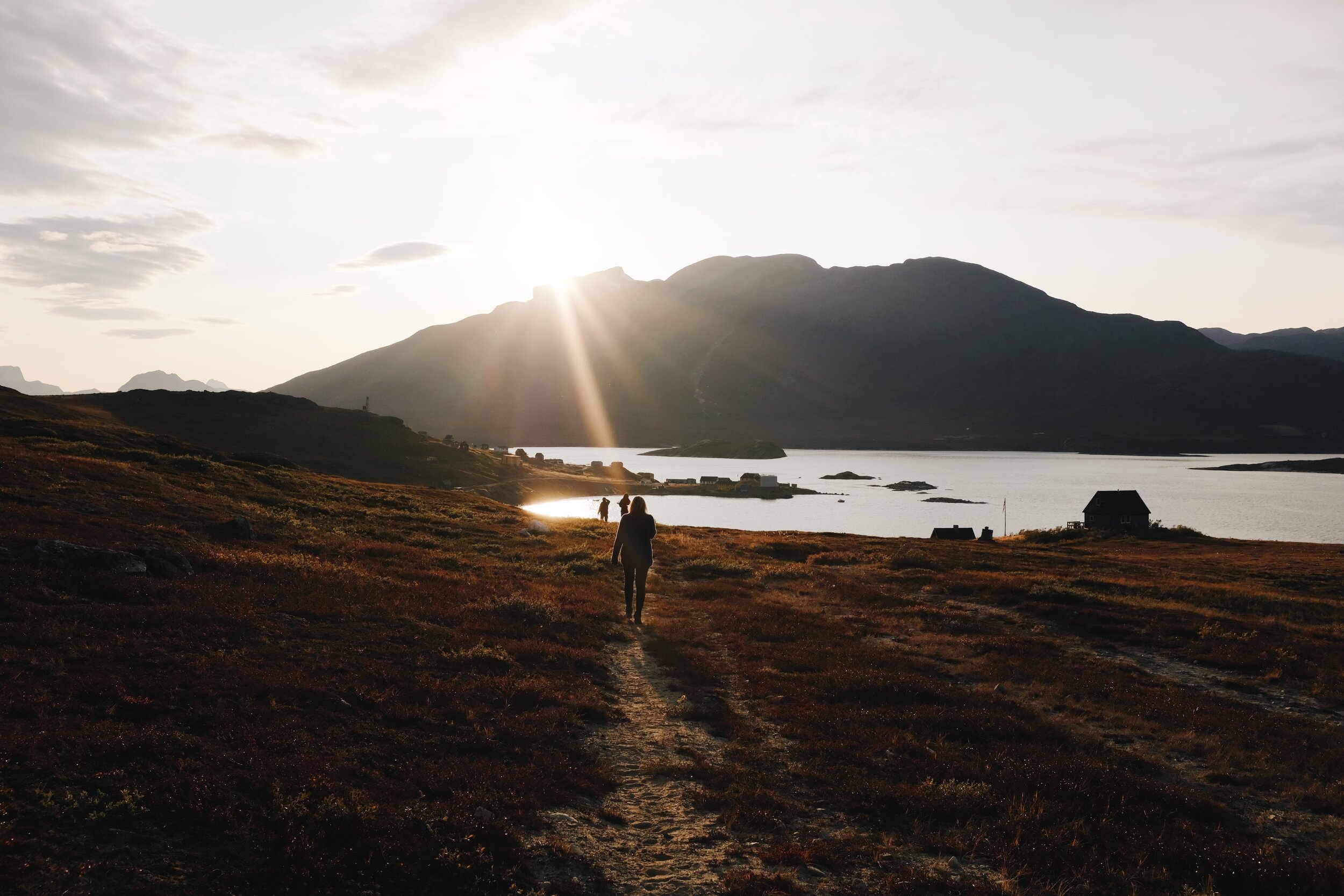
Do No Harm
While using this material, it is imperative to be grounded in the concept of “Do No Harm,” which we define as a persistent awareness of the ways in which words and actions can hurt others, often without conscious intent. “Do No Harm” consciousness requires humility and deep listening – a consciousness that what I think I know about another is not what they may know to be true about themselves. When listening to Proven Sustainable Peoples there are inevitably aspects of their lived experience that others cannot know. This is especially true for the countless ways that the Peoples have suffered, endured and prevailed against the forces of empire and “progress,” forces that have tried so constantly and consciously to erase the People from their land, their language and their lives.
“On this continent our world changed from one where every place and thing mattered and was loved, into a world defoliated, where nothing, human or other, mattered…”
Linda Hogan
When I first shared these codes with my brother he said, “It is emotionally difficult for me to see, to read and to consider all of this.” Sharing these words and images may well bring up challenging feelings. When we share with others in a classroom or community setting we need to be prepared to deal with strong emotional reactions that may arise in any number of ways. It’s likely that members of the Peoples will have strong feelings that differ from the emotions experienced by non-indigenous people. Those who offer these codes to others should consider in advance how they might practice “Do No Harm” in the face of reactions of anger, hurt, shame and defensiveness among their co-learners.
Most of us have little experience facilitating discussions, particularly cross-cultural dialogues, on the topics raised in Proven Sustainable. We can look to leadership from local Peoples who have such experience to help us practice “Do No Harm” principles. Among many Aboriginal Australian Peoples, for example, it is important to warn people that these codes may contain names, images and words of people who have passed away. One might not know of this caution unless they’ve already had discussions with Aboriginal Australians about how best to share words and images from their traditions in groups where Aboriginal Australians may be present. It is always best to seek out local leaders and ask their guidance in implementing “Do No Harm” protocols while practicing self-compassion and courage as foundational to our inquiry.
Cultural Respect
Teacher and earth steward Robin Wall Kimmerer has articulated the Honorable Harvest as a “canon of indigenous principles that govern the exchange of life for life…“rules” of sorts that govern our taking, so that the world is as rich for the seventh generation as it is for us.“ Kimmerer names these as principles to be applied when harvesting seeds and plants. They can also apply to the exchange of words and images as offered in Proven Sustainable™.
Here are some of Kimmerer’s principles for the honorable harvest and notes on the ways that they apply to this Proven Sustainable initiative:
"As the remaining people choose the path toward life, they will turn back along the road from which they have come and begin to pick up the pieces that have been scattered along the road – remnants of language, the old stories and songs, seeds and ragged patches of plants, wandering animals and birds, and, collectively, they will put the world together again.”
- Robin Kimmer
Ask permission of the ones whose lives you seek. Abide by the answer. - We have made a good faith effort to contact each speaker or their appointed advocates to get their permission to recirculate their words.
Take only that which is given to you. – These words and images of wisdom were originally shared for dissemination with the approval of the individuals. We will not share protected knowledge that has not already been offered to the wider world.
Harvest in a way that minimizes harm. – We name the foundational precept of “Do No Harm” when using these words and images in education settings.
Share it, as the Earth has shared with you. – These wisdom offerings are meant to be shared with others to deepen our collective understandings of what it means to live together and to persevere on a living earth.
Reciprocate the gift. - We encourage all visitors to reciprocate these gifts by donating to the projects created by these Peoples for the sustenance of their communities and our earth island.
Sustain the ones who sustain you, and the Earth will last forever. – Spread the word to others about the histories and needs of the Peoples who have demonstrated to us what it means to be sustainable and resilient in the face of enormous changes and relentless opposition.


